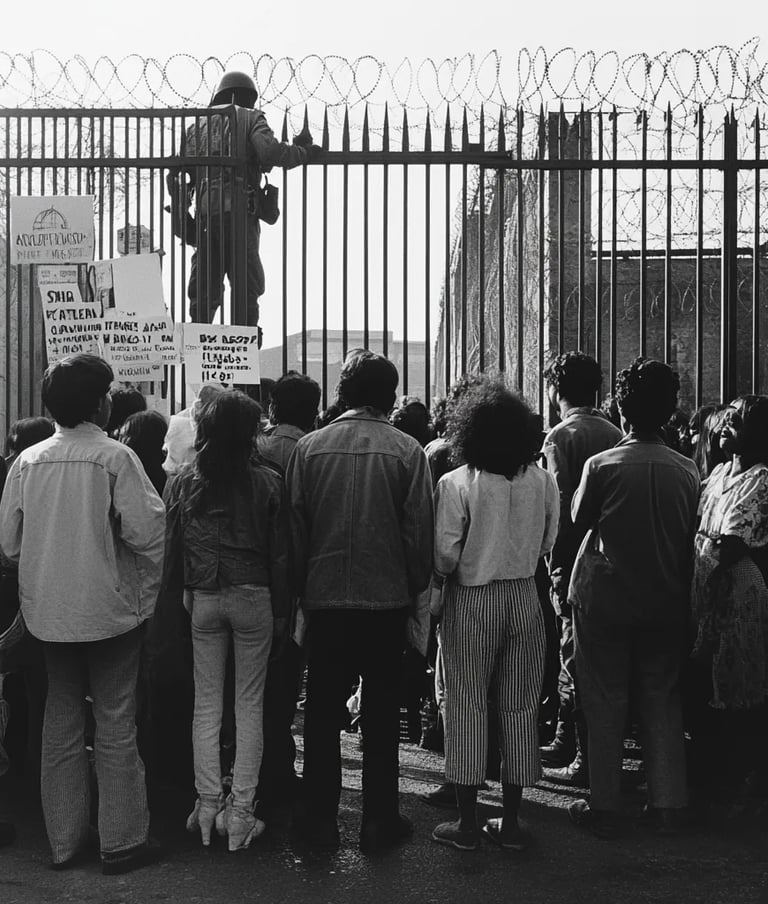In 1631, Dutch Admiral Tholen led a successful naval battle against a Spanish fleet, capturing more than 30 frigates. This victory occurred during the Eighty Years' War between Spain and the Dutch Republic, marking a significant achievement in the Dutch fight for independence and weakening Spain’s naval dominance.
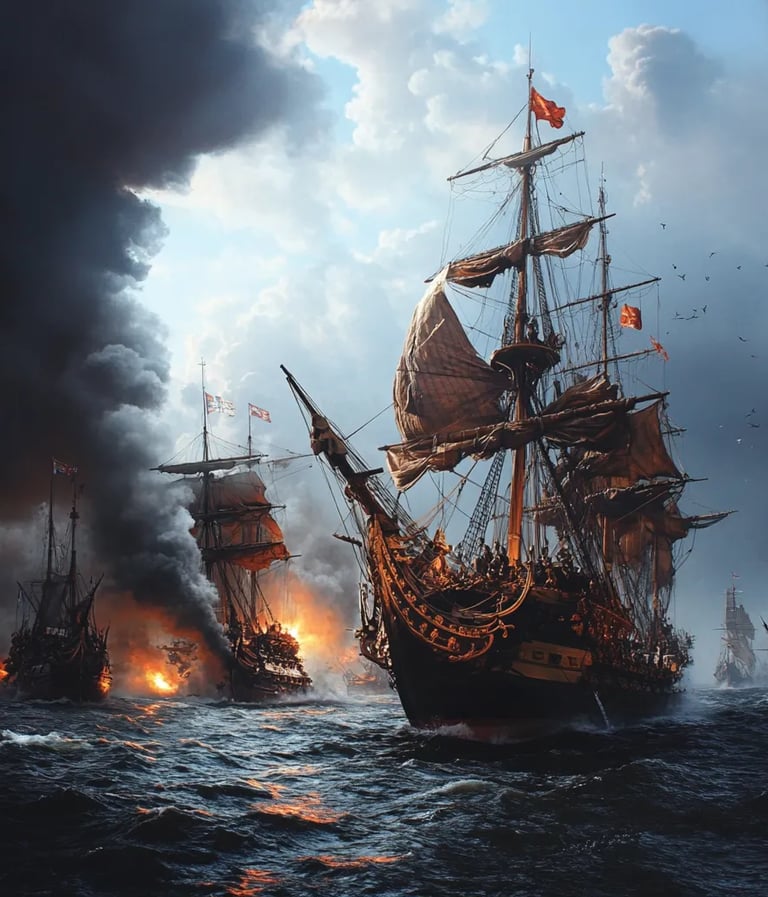

1631 – Admiral Tholen Conquers 30+ Spanish Frigates




On September 13, 1788, the U.S. Congress designated New York City as the capital of the newly formed United States. Although temporary, this choice reflected the city's growing importance as a political and economic hub during the early stages of the nation's history under the U.S. Constitution.


1788 – U.S. Congress Names New York as Capital
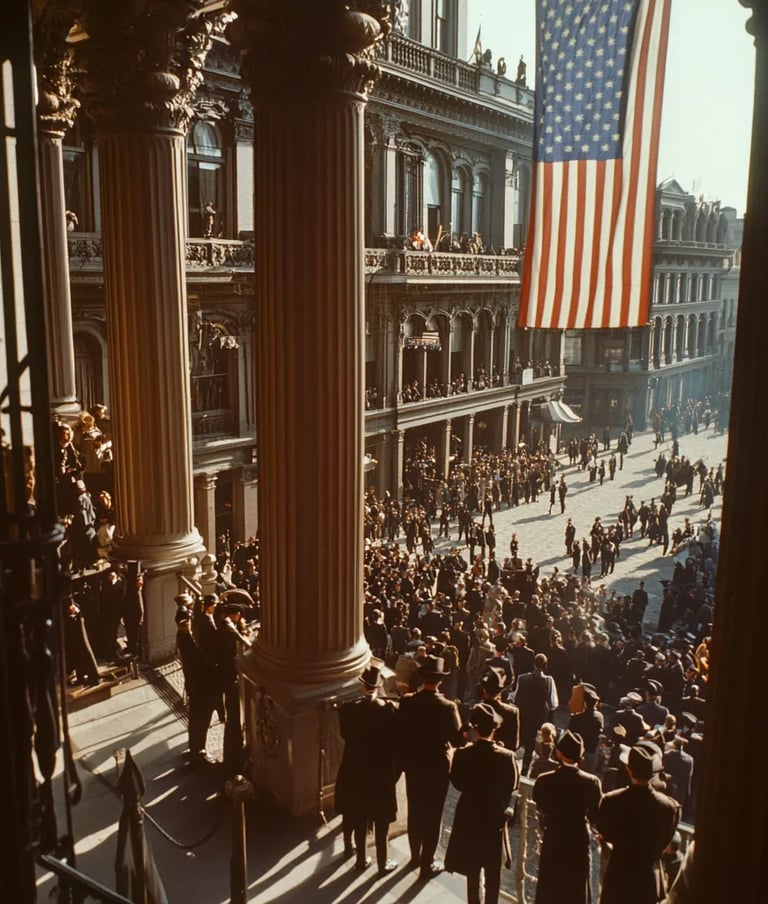



In 1789, New York City banks provided the first loan to the United States government, totaling $191,608. This loan was crucial for stabilizing the young nation's finances and managing the war debt incurred during the American Revolution. It marked the beginning of the U.S. government's reliance on domestic financial institutions.


1789 – First Loan to U.S. Government from NYC Banks


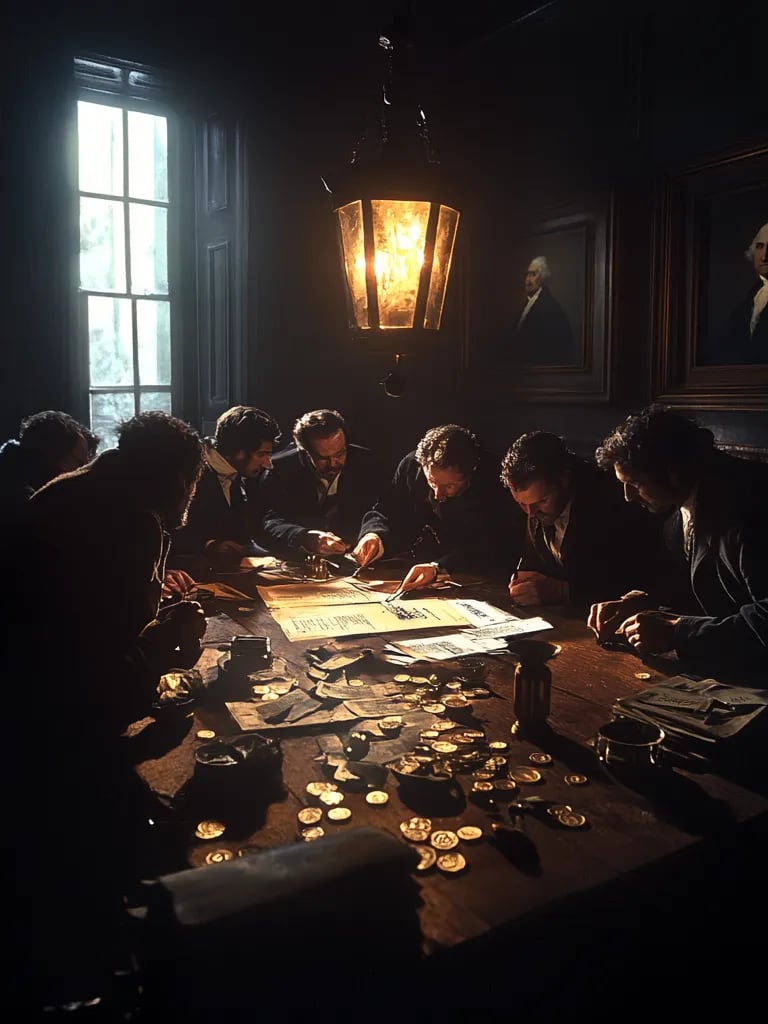

On September 13, 1814, British forces launched a 25-hour bombardment of Fort McHenry in Baltimore during the War of 1812. The fort’s defense inspired Francis Scott Key to write the poem “The Star-Spangled Banner,” which would later become the U.S. national anthem. The successful defense turned the tide in favor of the U.S.
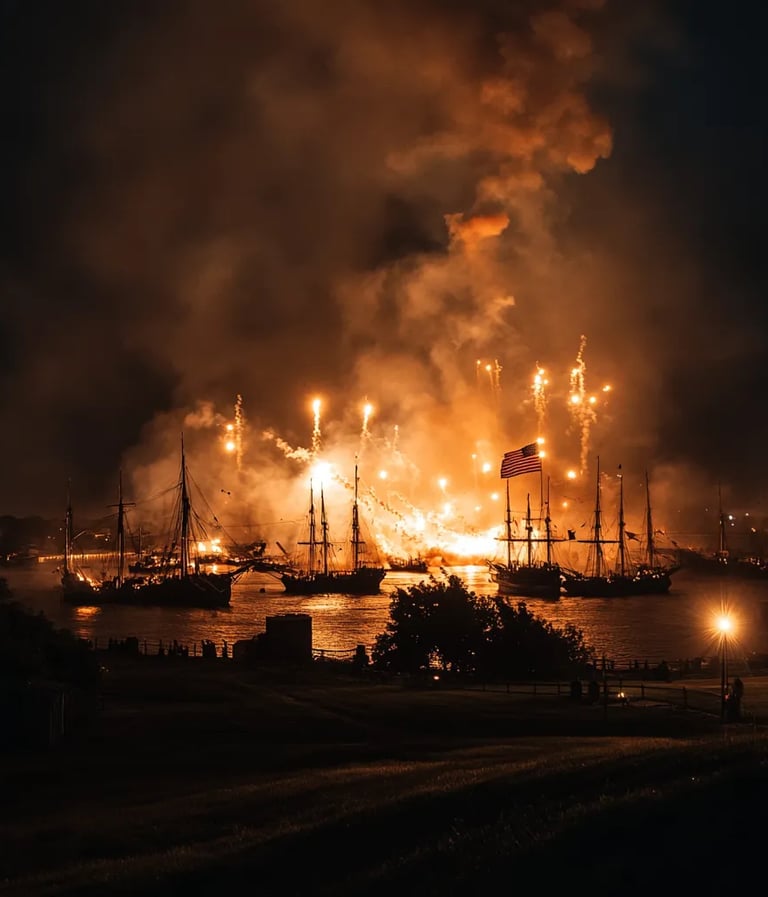

1814 – Bombardment of Fort McHenry Begins




On September 13, 1971, the Attica Prison riot in New York ended when state troopers and guards stormed the facility. The riot, driven by prisoners demanding better conditions, resulted in the deaths of 43 people, including hostages. The event highlighted systemic issues within the U.S. prison system and led to widespread calls for reform.









